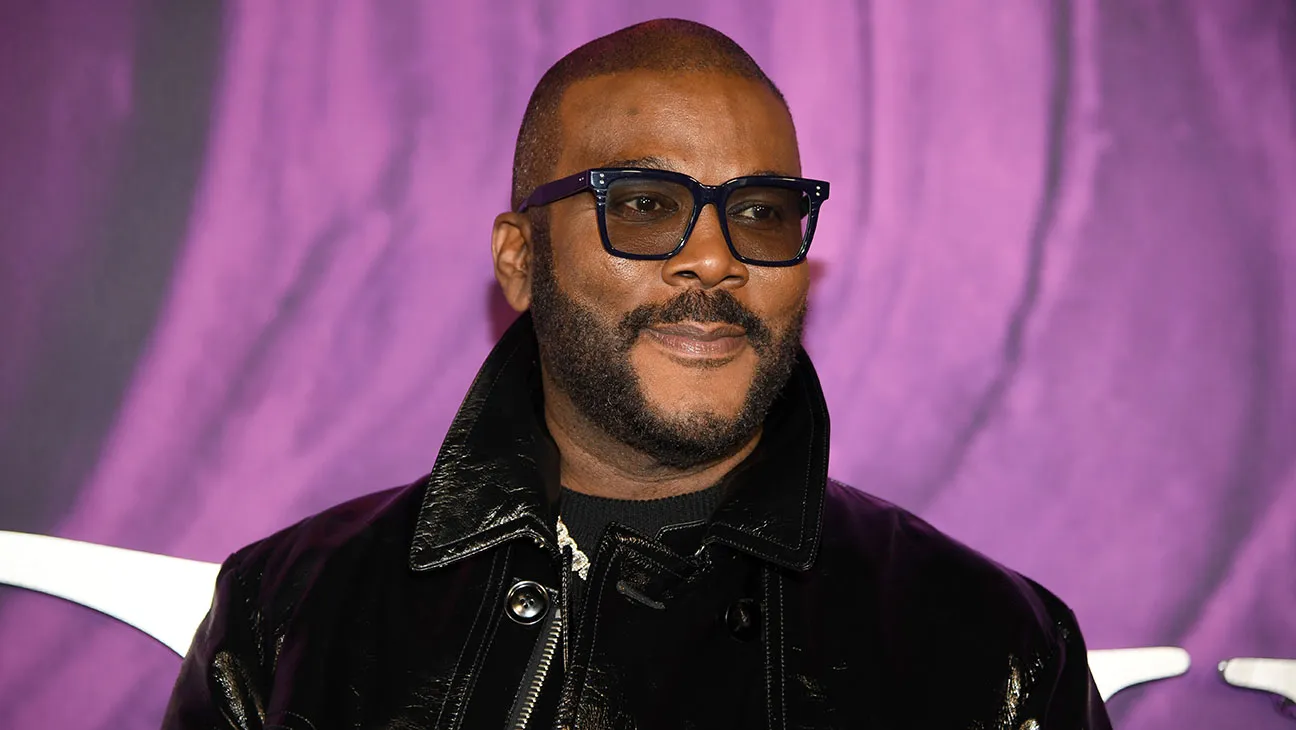Blog
Tyler Perry Halts $800M Studio Expansion Due to Concerns Over AI Impact: “Jobs Are at Stake”
Actor, filmmaker, and studio owner Tyler Perry has decided to put his plans for an $800 million expansion of his Atlanta studio on hold. The decision comes in the wake of significant advancements in artificial intelligence (AI), particularly the unveiling of OpenAI’s text-to-video model, Sora, which left Perry astonished with its capabilities.

“Being told about its potential is one thing, but witnessing its capabilities firsthand was mind-blowing,” Perry expressed in an interview with The Hollywood Reporter. He emphasized that this technology could potentially eliminate the need for physical locations and elaborate set constructions in film productions.
While Perry acknowledges the business opportunities presented by AI, he is deeply concerned about its impact on jobs within the entertainment industry. He stressed the need for regulations to safeguard against potential job losses, emphasizing that without such protections, the industry may struggle to survive.
Perry revealed that he has already integrated AI into two upcoming film projects to streamline processes like makeup application, reducing the need for lengthy hours in the makeup chair. However, he remains cautious about the broader implications of AI on various job categories within his studio and productions.
Reflecting on the rapid pace of technological advancement and its potential consequences, Perry called for a collective industry response to address the challenges posed by AI. He urged industry stakeholders to collaborate in finding solutions to protect jobs and ensure the sustainability of the entertainment industry amidst these transformative changes.
Despite acknowledging the advantages AI offers, Perry stressed the importance of prioritizing the well-being of industry professionals who may be adversely affected by its implementation. He called for compassion and thoughtful consideration as the industry navigates this period of technological evolution.
In conclusion, Perry emphasized the need for a unified approach involving industry players and policymakers to address the multifaceted challenges posed by AI. He expressed hope that collective action would lead to solutions that prioritize the interests of workers and ensure a sustainable future for the entertainment industry.
